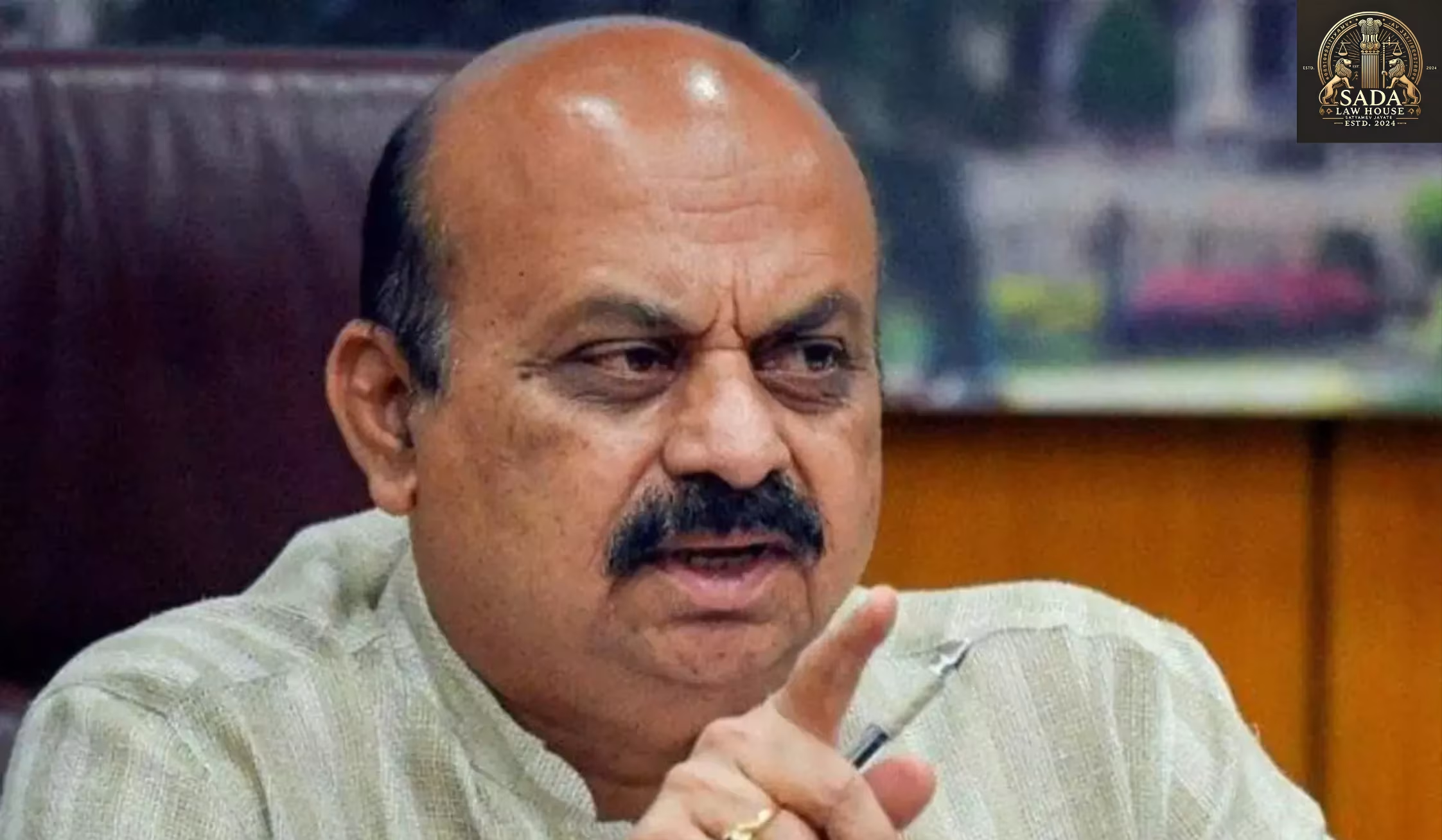Karnataka High Court Dismisses Hate Speech Case Against Former CM Basavaraj Bommai
- PRABHAT KUMAR BILTORIA
- 28 June 2025

The Karnataka High Court has dismissed the hate speech case against former CM Basavaraj Bommai, citing lack of clear provocation. Read about the court’s landmark ruling and its implications on political speech in India.
Background of the Hate Speech Allegations
In a significant legal decision, the Karnataka High Court dismissed two criminal proceedings against Basavaraj Bommai, senior Bharatiya Janata Party (BJP) leader and former Chief Minister of Karnataka. Bommai had been accused of delivering a hate speech during a political gathering in November 2024.
The controversy stemmed from his comments targeting the alleged encroachment of farmlands by Waqf authorities. Specifically, he remarked, “If a stone is thrown in Savanur, wherever it falls, it is Waqf land,” which complainants claimed incited communal tensions.
Legal Proceedings Under the Bharatiya Nyaya Sanhita
As a result of these remarks, two complaints were filed under Section 196(1)(a) of the Bharatiya Nyaya Sanhita (BNS), accusing Bommai of promoting enmity between religious groups. However, Bommai challenged the FIRs, asserting that the allegations were vague, unfounded, and politically motivated.
High Court’s Observations and Ruling
Justice S.R. Krishna Kumar, presiding over the case, ruled in Bommai’s favor. The Court emphasized that Bommai’s remarks did not contain explicit provocation or meet the legal threshold for hate speech. It noted that expressing political opinions, unless crossing clear legal boundaries, cannot be criminalized.
Safeguarding Political Expression vs. Hate Speech Laws
The High Court held that continuing legal proceedings would constitute an abuse of the judicial system. It highlighted the absence of concrete and specific allegations necessary to establish a hate speech offense.
Importantly, the relief granted was limited to Bommai alone. Other individuals named in the same FIRs will still face legal scrutiny.
Implications for Political Discourse in India
This judgment underscores the delicate balance between preserving free political expression and enforcing laws against hate speech. It sets a crucial legal precedent, reinforcing that the criminal justice system must not be used to suppress dissent or target political rivals without strong evidence.






